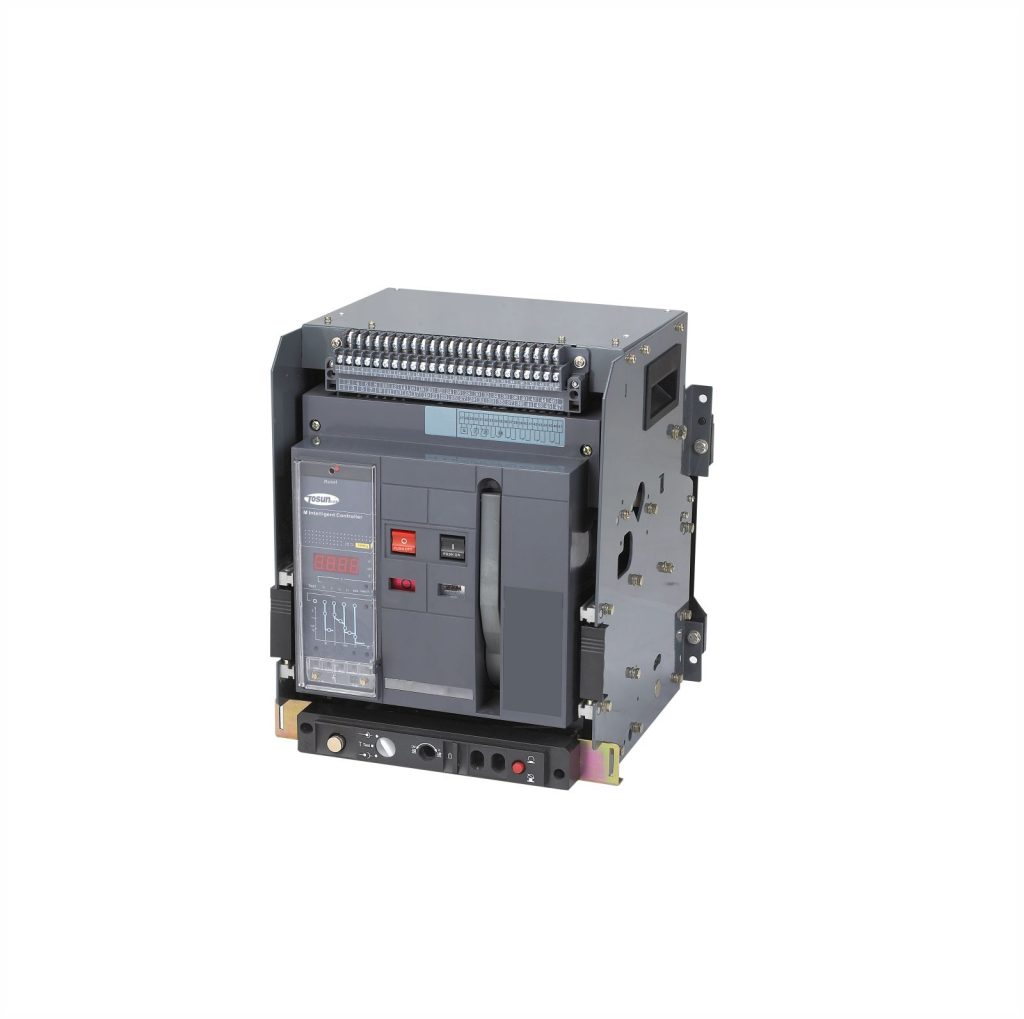What Would Happen If There Were No Circuit Breakers In A Home?
Table of Contents
ToggleIn order to stay safe when using an electric supply or current in your home, circuit breakers are necessary. If there are no circuit breakers in your home, there must be safety fuses.
These two devices are necessary when using electric power. If none of these devices are present, your house will fail during government inspection.
Because of this reason, the power supply company will not permit a connection to your house. So, if you want to use electricity, it is necessary to use circuit breakers.
In most modern homes, circuit breakers are present. In older homes, you will find safety fuses. If these devices are not installed in your home, they can cause fires, short-circuit, and other casualties.
If you want to know about the importance of circuit breakers, we can help you. In this article, we will show you what would happen if there were no circuit breakers in a home.
What Are Circuit Breakers?
When it comes to electrical safety, circuit breakers are vital. They protect measuring and semiconductor devices from damage due to overcurrent.
Designed to limit the amount of current they allow to flow through a circuit, they can be much more efficient than other types of devices. The following are some important facts about circuit breakers. You should understand how they work and how they protect your home.
Circuit breakers work by shutting down electricity for a set period of time. They are made with a spring and a piece of solder. This solder is a melt-able fusible alloy and is connected to the electrical wiring in your house.
If the connected wiring is overheated, the solder will melt. When this happens, the spring extends through the solder, pulling it from the switch. The spring can be reset once the solder has cooled off.
Circuit breakers come in different sizes. Small ones are intended to protect individual household appliances. Large ones protect entire cities.
Why Do You Need Circuit Breakers in A Home?
While circuit breakers are an essential part of your home, most people are not aware of their importance. Whether you’re a first-time homeowner or you’ve lived in a house for decades, it’s important to understand how circuit breakers work. They are vital safety features, and they keep your house safer.
There are many different types of circuit breakers. The most basic type of circuit breaker is the low-voltage type, which works by utilizing the stored energy in the spring to separate contact with the circuit. These breakers are great for homes, as they allow for manual control of power. When the power goes out, the breakers reset themselves, saving your home from a potential power surge.
Circuit breakers are important for preventing overheating. The electricity in your home may go off when something malfunctions. An overheated circuit can lead to a dangerous fire hazard. When the breaker trips, it can be reset manually to restore the flow of power. However, if the fault isn’t corrected quickly, the fuse can blow, resulting in a dangerous situation for your home.
Circuit breakers protect your home by shutting down power when they detect a problem. The electrical system also prevents fires by ensuring that the circuit is always protected. The most basic circuit breaker in a home contains several switches that are responsible for preventing fire hazards. This is why it’s important to replace your breakers regularly. These electrical safety devices are designed to last decades, but they can break down and cause damage.
Circuit breakers are essential in a home. Without them, your outlets will be damaged, and there may be an electrical fire. In fact, overheating circuit breakers are responsible for nearly half of all fires in the United States. A tripped circuit breaker is the signal that something is wrong. If a tripped breaker causes a fire, it’s worth replacing it immediately.
What Would Happen If There Were No Circuit Breakers In A Home?
If there were no circuit breakers in a house, household electricity would be unsafe. Wiring inside a home can handle only a certain amount of electricity, and when it’s overloaded, it could cause overheating and even a fire.
In these rare cases, a circuit breaker is the only thing between you and a fire. If you didn’t have circuit breakers in your home, here are some ways they might help you.
When a circuit is overloaded, it can cause a partial power outage. When a receptacle isn’t working, it will automatically shut off the current flow and shut off the power. It will also stop power flow if a voltage imbalance occurs. When this happens, you’ll have a partial power outage.
Without a circuit breaker, there’s a high risk of short circuits and fire. An excess current could cause wires to heat up and degrade, causing a fire. Because of this, it’s best to have a dedicated circuit for appliances, large appliances, and home systems. But even if you have dedicated circuits, it’s not enough.
The circuit breaker is a safety device that shuts off electrical power when a fault occurs. It helps prevent a fire by preventing damage to the wiring. In the event of a power outage, the power supply could be cut off, and the home would be uninhabitable. However, the circuit breaker is not a permanent solution. It’s vital to have breakers in a home.
Besides short circuits, it is essential to have a circuit breaker in your home. When the circuit breaker senses that a certain device is overloading, it will shut down the entire system. It’s also important to have a breaker for electrical devices that are used frequently. It’s crucial to have a breaker that can detect when these things are going to happen.
If a circuit breaker is not working properly, a fire may start in the home. The circuit breaker may not be safe if it is overloaded. A home that has a high number of appliances on one circuit can cause a dangerous overload. Television could also break. If it’s overloaded, a home’s electrical panel box should be checked to protect the appliances.
Tel: +86-577-88671000
E-mail: ceo@tosun.com
Skype: tosunelectric
Wechat: +86-139 6881 9286
WhatsApp: +86-139 0587 7291
Address: Room No.1001 Wenzhou Fortune Center,Station Road, Wenzhou, China
REQUEST A QUOTE
WhatsApp us
 : +86-139 0587 7291
: +86-139 0587 7291 English
English Español
Español Русский
Русский Français
Français العربية
العربية Português do Brasil
Português do Brasil Українська
Українська Türkçe
Türkçe Polski
Polski Nederlands
Nederlands Italiano
Italiano Bahasa Indonesia
Bahasa Indonesia हिन्दी
हिन्दी اردو
اردو አማርኛ
አማርኛ Հայերեն
Հայերեն ไทย
ไทย Монгол
Монгол فارسی
فارسی Shqip
Shqip Ελληνικά
Ελληνικά



